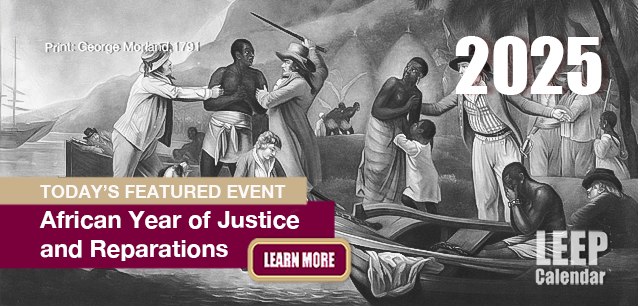 AD
AD
Today is: December 22
Scroll to explore events active on this date.
Additional Events on LEEP
LEEP INK FEATURES

August? Absolutely!
In August, we live through the Dog Days of Summer. It's hot and often humid, and those who can leave for better climates do. Down south, winter is in full force. August is also known as "the ...

In The Heat of July: July 2025 Events
Is it hot enough (or cold enough if you're below the equator) for you yet? There is actually a day for that! Like every month, I pick a diverse collection of events you may or may not know about. This ...

May Blooms: Events in May 2025
Along with October, May is one of the most densely packed months of the year. It's before the summer humidity and the last whole month of the school year. The weather is warming in t...
About National Granola Bar Day
Ends: Jan 21, 2024
DESCRIPTION:
Granula, as it was initially called, originated in an 1863 mental health institution, the Jackson Sanitarium, and was popularized by Dr. James Caleb Jackson of Dansville, New York, to improve digestion.
The name was later changed to granola by the Kellogg company to avoid a legal dispute when Kellogg began creating a similar baked cereal. Granola is baked, and muesli, which is similar, is the raw form of granola.
By the early 20th century, granola slipped from favor. But oats and muesli were already being used to create cereal bars called "flapjacks" in the United Kingdom and muesli bars in Oceania. These were considered desserts and very similar to today's mass-produced bars.
The flower children of the 1960s would revive it, pimping it with dried fruits and nuts. The ancient food, now marketed as a health food and a popular alternative to fast food on the go, was set to explode onto the market.
The addition of the granola bar (basically a cookie in bar form and marketed as healthy) soon entered the snack and breakfast market during the mid-1970s to early 1980s. Today they are one of the most popular adult "sweets" and are often used as meal replacements.
VIDEOS
Currently, this event does not have supporting videos.
SUPPORTING DOCUMENTS
Currently, this event does not have supporting documents.
ADDITIONAL IMAGES
Currently, this event does not have supporting images.
Where would you like to go now?
 AD
AD





















































/footer-logo.svg)
